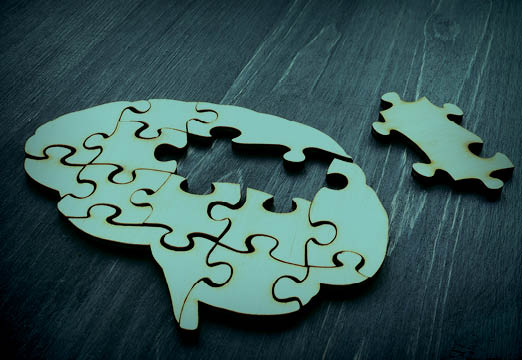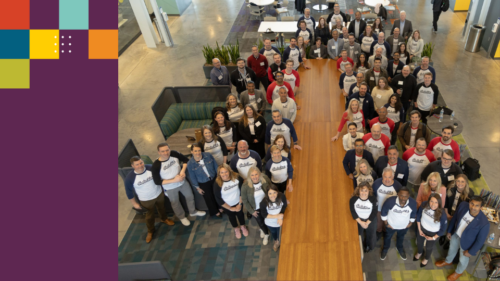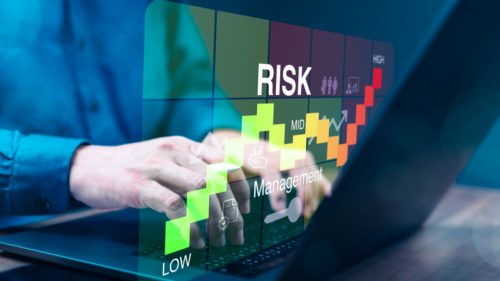Your employees’ mental wellbeing is a lot like comparing a flat tire to a bus crash. If your whole team is on a bus and it has a flat tire, there will be delays and a few challenges, but eventually you will get back on the road and everyone will be fine.
If the bus crashed, however, that would be a different story. There would be fear and panic. You would have to visually inspect everyone for injuries. Some of the injuries would be obvious, like broken bones or clear signs of pain, while some would be smaller, like twisted ankles or sprained wrists. Many of the people with the smaller injuries would “power” through it so they could help others and not be a burden to the rescue efforts.
But, what if we couldn’t see the injuries? What if we couldn’t tell who was hurt and who was not, and even those who were injured couldn’t tell or didn’t know for sure. What if those people who powered through it were just postponing the inevitable?
COVID-19 Is a Bus Crash for Your Employee’s Mental Wellbeing
A flat tire is much like the normal challenges a company faces. There is a brief pause, then business resumes and quickly gets back to normal.
But COVID-19 is very different. It’s more like the bus crashed. Everyone is impacted, we have to constantly triage, and we don’t know what getting back to normal will look like. Worst of all, because the injuries are related to our employees’ mental health, we can’t visually tell who is hurt and who isn’t.
Reports are that as many as 30 percent of our employees could be affected by PTSD from COVID-19. They have suffered trauma from the fear for their health and their financial security as well as constant levels of stress and for many people loneliness.
Our employees are going to go through three phases over the next 18 months. The first is the crisis, the second will be recovery and re-building, and the third will be a return back to some form of a new normal. Each of these stages will have different impacts on our employees’ emotional health, and the symptoms will be varied and hard to recognize.
But, from those who are impacted, we will see:
- 3x more doctors and emergency room visits
- Lower productivity and engagement
- Challenges with absenteeism
- Presenteeism
- Leavism
- And many other subtle shifts in the workplace
According to the National Alliance on Mental Illness (NAMI), the average diagnosis for depression takes 11 years. We can’t wait that long to help our employees get better.
How Can Employers Help Employee Mental Wellbeing?
So, what can we do?
- Implement programs that address 100 percent of the employees and not just those who recognize their suffering and are willing to fight through the stigma of mental illness to raise their hands for help.
- Create a method to help employees confidentially monitor their emotional health so we can provide a pathway of care they can take safely and anonymously.
- Build a system that will enable each person to conduct their own emotional wellness check and get helpful and relevant feedback, including connection to additional resources if needed.
- Put all of the mental health resources we can provide at their fingertips, both for them and for those people they want to help.
- Teach skills that will help them deal with the unique challenges each of them will face.
- Work to eliminate the stigma, and let everyone know that emotional health struggles are all normal and even an expected result of the pandemic.
- Communicate that we care, we are in this together, and we will provide all the help and support they need.
There are many opportunities and resources to help you accomplish these goals.
If you need help getting started, we have created Joyages, which has resources to help with everything we’ve talked about. Joyages is an app that teaches skills and habits to help your employees improve their emotional health. Joyages provides people with Life Coaching, Anxiety and Depressions Assessments, and mental health resources in the palm of their hand.
Joyages can also be customized to meet the special needs of your team and to connect them to all of the mental health resources you have engaged. Feel free to reach out to [email protected], and we will help any way we can.
We’ve also housed a playlist of Joyages videos specifically related to COVID-19 and emotional/mental wellbeing on our COVID-19 Resource Center. Feel free to check it out.
Please remember, we are here for you!








